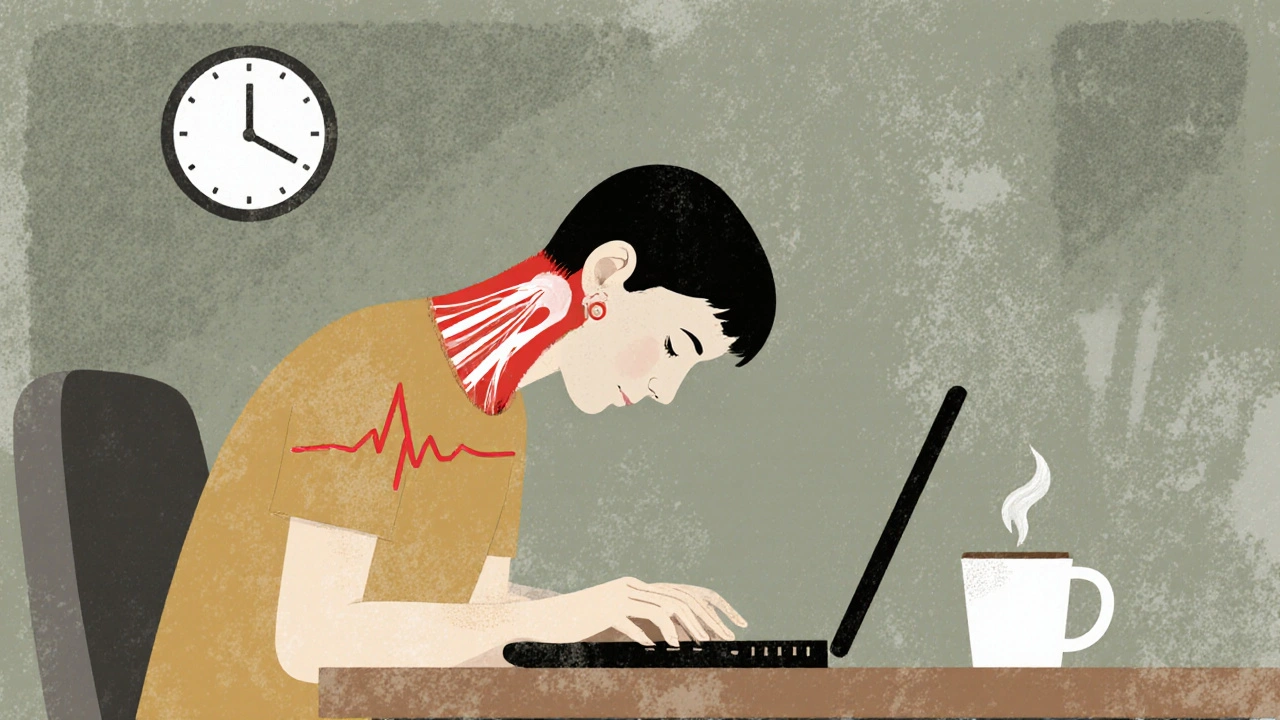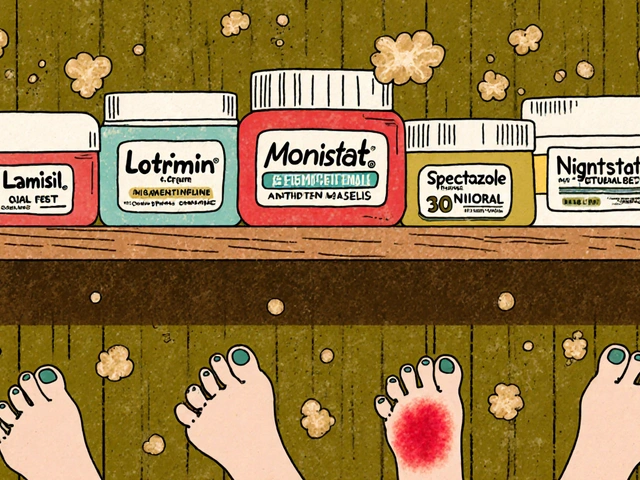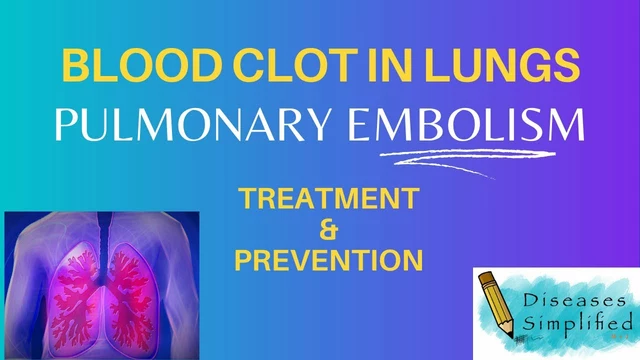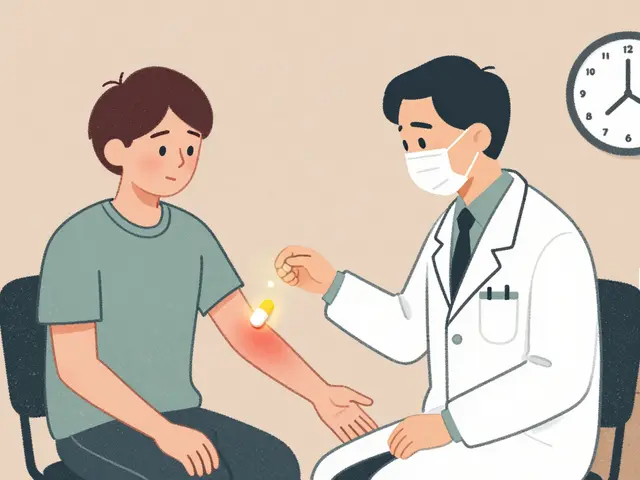Neck Muscle Strain: Causes, Relief, and What to Avoid
When your neck muscle strain, a painful tightening or tearing of the muscles in the neck area, often from overuse or sudden movement. Also known as cervical strain, it’s one of the most common reasons people visit clinics—not because it’s dangerous, but because it’s so annoying and persistent. You didn’t lift a car or get into an accident. You just turned your head too fast, sat at a desk too long, or slept funny. And now your neck feels like it’s wrapped in concrete. That’s neck muscle strain—and it’s not rare. It happens to people who work on computers, drive long hours, or even scroll on their phones before bed.
It’s not just about the neck itself. Poor posture, the way you hold your body while sitting, standing, or moving is usually the hidden driver. Slouching at your desk pulls your head forward, forcing the muscles at the back of your neck to work overtime. Over time, they tighten, cramp, and eventually strain. Even stress, the mental tension that causes physical muscle clenching plays a role. When you’re anxious, your shoulders hike up and your neck locks tight. It’s a silent cycle: stress → tense muscles → pain → more stress.
What makes it worse? Ignoring it. A lot of people think, "I’ll sleep it off," but if you keep doing the same thing—cradling your phone, sitting without back support, sleeping on a pillow that’s too high—you’re just re-injuring the same spot. The good news? Most neck muscle strains heal on their own in days or weeks. But how you treat them matters. Heat helps. Gentle stretches help. Massage helps. But popping painkillers and hoping it vanishes? That’s a trap. You’re masking the symptom, not fixing the cause.
And don’t assume it’s always "just a strain." Sometimes, what feels like a simple muscle pull is actually tied to something deeper—like a pinched nerve, a herniated disc, or even thyroid issues. That’s why knowing the difference matters. If your pain shoots into your arm, you feel numbness, or it doesn’t improve after a week, it’s time to dig deeper. The posts below cover real cases: how people misdiagnosed their neck pain as strain when it was something else, how certain medications can worsen muscle tension, and what actually works to get you moving again without drugs or surgery.
You’ll find advice on simple home fixes, like how to pick a pillow that doesn’t wreck your neck, what stretches to do in the morning before your coffee, and which activities to skip while healing. You’ll also see warnings about things people swear work—like neck braces for long periods or aggressive cracking—that can actually hurt more than help. This isn’t about fancy treatments. It’s about understanding your body, stopping the habits that break it, and getting back to normal without relying on pills or scans.

- Nov 17, 2025
- Posted by Cillian Osterfield
Neck Pain: Cervical Strain and Effective Treatment Options
Cervical strain is the most common cause of neck pain, often from poor posture or sudden movements. Learn evidence-based treatments, recovery timelines, and how to prevent it from becoming chronic.
Categories
- Health and Wellness (72)
- Medications (69)
- Health and Medicine (28)
- Pharmacy Services (12)
- Mental Health (9)
- Health and Career (2)
- Medical Research (2)
- Business and Finance (2)
- Health Information (2)
Latest Posts
©2026 heydoctor.su. All rights reserved





